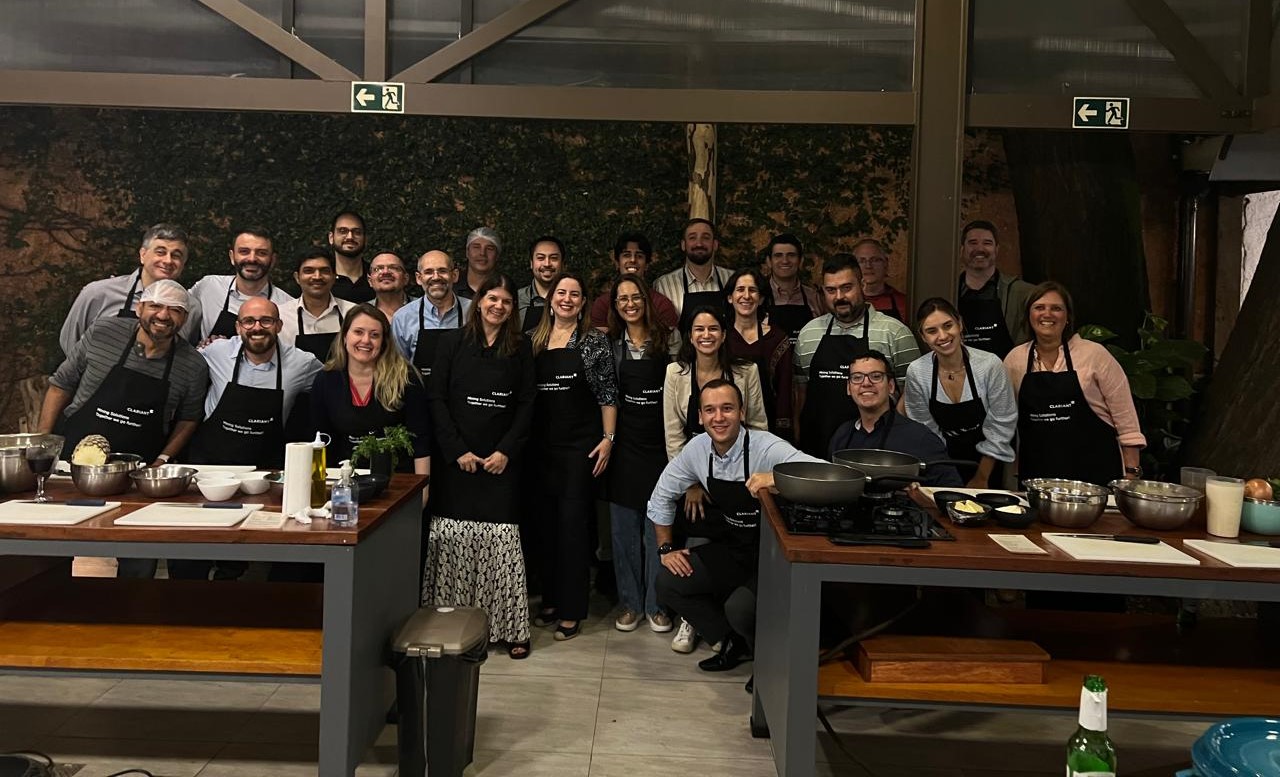Real People of Clariant Anna Paula Dacar: “Contributing to a sustainable world motivates me deeply.”
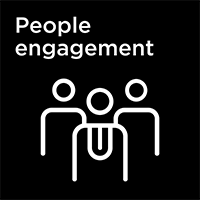
Delivering on Clariant's purpose »Greater chemistry - between people and planet.«
This story is an example of how Clariant delivers on its purpose-led strategy.
A few weeks ago, Anna Paula Dacar was prominently featured in the Brazilian business magazine Exame. Anna joined Clariant in 2022 as our Global Head for the Mining Solutions Segment and is well known in her home country as a business leader with a distinguished career.
In the following interview, Anna speaks about her incredible journey so far and about how high employee engagement leads to better customer relationships – and, ultimately, to greater business success…

Hello, Anna. Can you tell us a bit about your background and your journey within Clariant?
Anna Paula Dacar: I was born and raised in São Paulo as the eldest daughter in a middle-class family. My father, who was a dentist, taught us that knowledge and education were the key to a successful life. I felt a strong sense of responsibility from an early age, and when it came to choosing my profession, I decided to study chemical engineering in my home city.
The first step in my career was at Dow, where I held several positions in Supply Chain, Logistics, and Purchasing. Next, I joined Rohm and Haas, where I led the Purchasing and Logistics Organization for Latin America. After Dow acquired Rohm & Haas in 2010, I was named Latin America Business Director for Coatings Materials. Four years later I moved to Dow's Plastics Division, taking on the role of Latin America Business Director for the Adhesives and Functional Materials business.
I took up further international leadership roles at Sealed Air and Oxiteno before finally joining Clariant in 2022. This was a great opportunity, as it aligned with my concern and growing interest in how chemistry can contribute to sustainability.
Currently, I occupy the global leadership position in the mining solutions business, where we develop solutions for ore recovery and sustainable mining.
What initially drew you to the chemical industry, and what keeps you passionate about it today?
Chemistry was one of the disciplines that I most liked in high school, and chemical engineering was my choice for graduation. At that time, I aspired to a technical career at a chemical corporation, but I joined Dow as a trainee in the Supply Chain area and later changed my mind to a business path. Since then, what has excited me the most is how chemistry can contribute to people's lives.
Leading Clariant's mining solutions business, a segment in the search for sustainability that goes beyond environmental preservation and encompasses ESG principles, where chemical technologies help make mining operations safer and more sustainable, reducing water and energy consumption, and treating waste, not only fulfills my professional ambitions but also fills a personal gap, allowing me to contribute meaningfully to a more sustainable world. And that motivates me deeply.
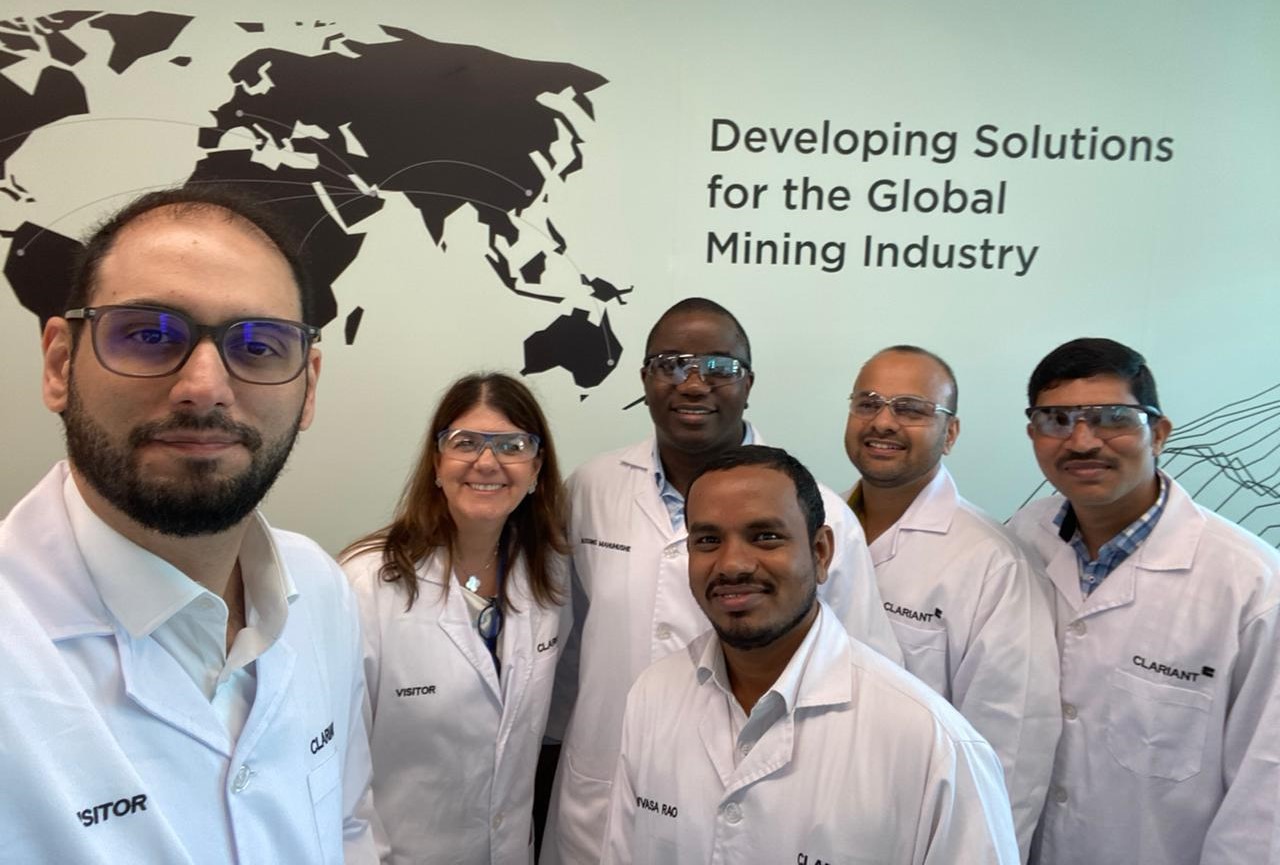
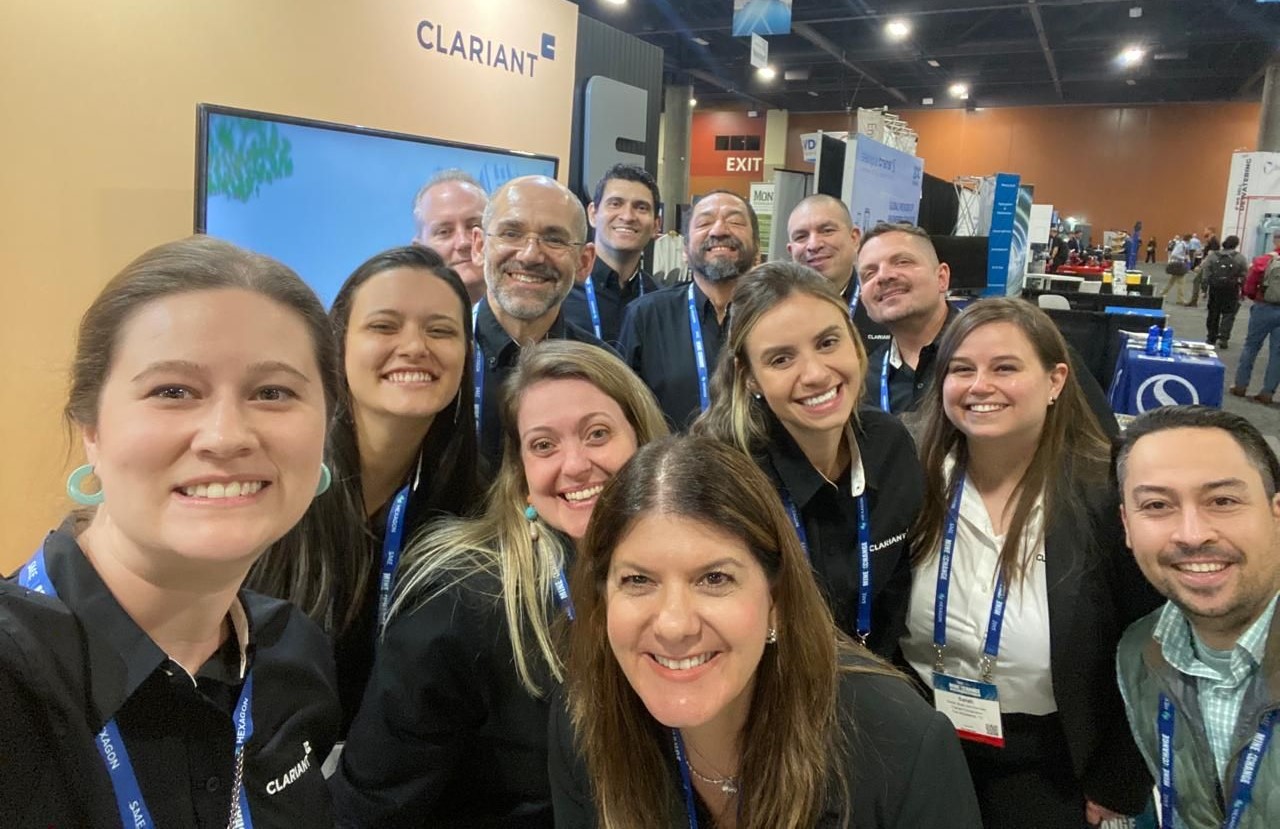
Can you describe a typical day in your role as Head of Segment Mining? What are some of your key responsibilities?
I spend a significant part of the month traveling to meet my team and visiting our sites and customers in Brazil and abroad. While in the office, I have a formal routine of team meetings and conference calls to attend to. I make myself available to discuss and review any specific topic with which my team requires my support. I also attend virtual and physical Care Chemicals Global Leadership Team meetings.
What’s the coolest thing about your job?
I enjoy what I do. Being a global leader in the mining segment allows me to connect with people worldwide with different backgrounds, cultures, and perspectives inside and outside the company. Customer interactions are precious to validate our strategy, understand their unmet needs, and how we can create value for Clariant and them. Last but not least, I am proud to lead a segment that has sustainability embedded in its value proposition. Our solutions support customers in achieving their sustainability goals and ultimately contribute to the well-being of people and the planet.
In your view, how does understanding and addressing customer needs translate to better financial results for our company?
Customers will pay for what matters to them. So, understanding their unmet needs and how we can provide solutions to attend to those allows us to differentiate ourselves. Sometimes, the value we can provide, the differentiation, doesn’t relate only to the product technology but could be a combination of factors associated with it, like sales service. Technical service support, customer service, logistics, reliability of supply, and cost performance. That's why it's important to build customer intimacy that allows us to identify those needs and make sure that everyone inside the company, not just sales but support functions as well, understands them. Everyone in the company plays an important role to customer satisfaction.
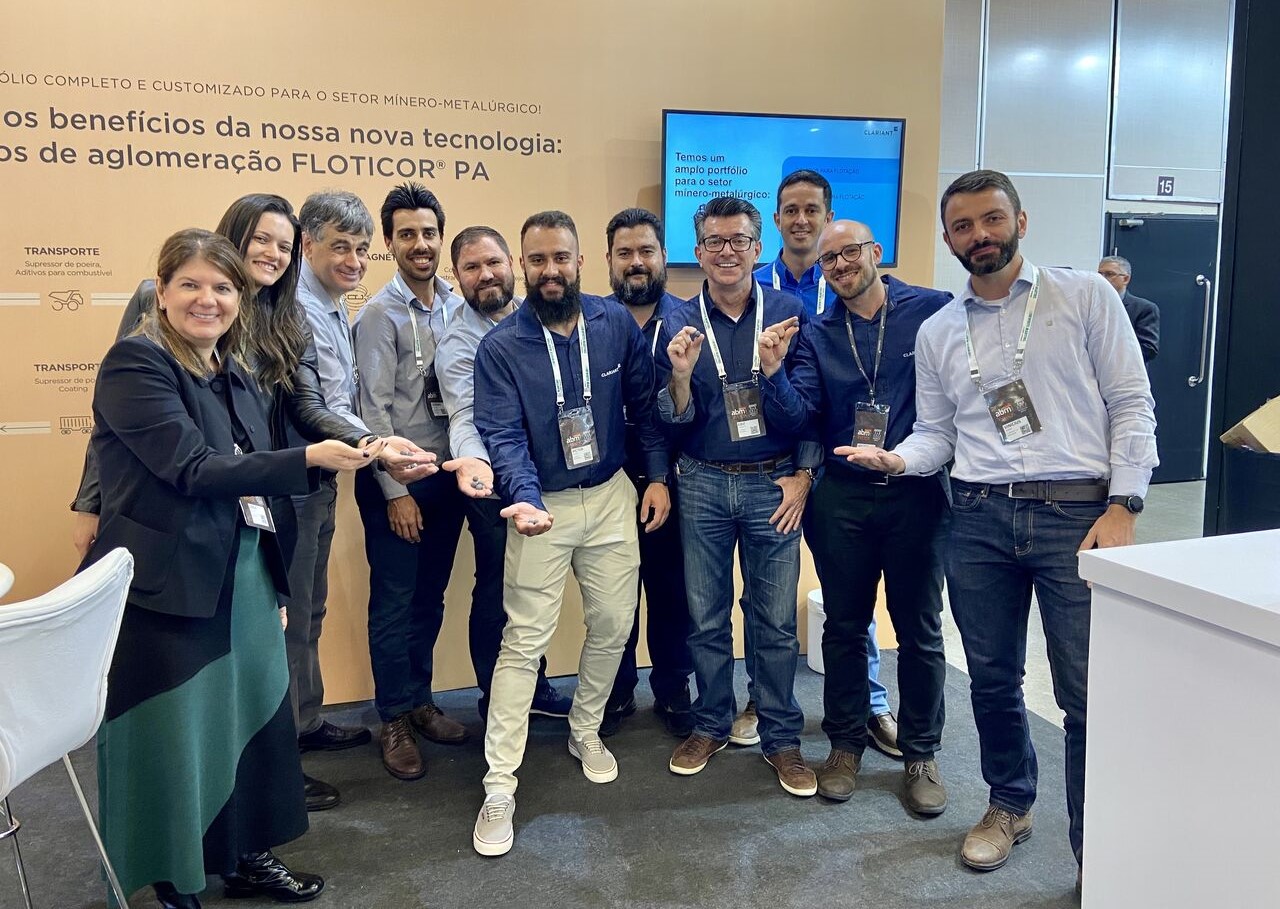
Can you share some insights on the specific unmet needs of our mining customers in Brazil and worldwide that you've identified?
Mining customers increasingly focus on sustainability, decarbonization, and water and waste management. As members of the industry organization ICMM (International Council of Mining and Metals), they are required as part of their membership to implement the Global Industry Standard on Tailings Management, which requires companies to reduce and recover tailings to decrease their environmental footprint and closure legacy.
Regulations and voluntary standards driven by sustainability create opportunities for chemicals, especially regarding tailings management. In response to that, we launched a Tailings Management Program that offers chemical solutions to address the need to decrease the generation of tailings and produce value-added products from tailings. As part of that, we invested in a Global Technical and Development Application Lab for Tailings in Brazil, which enabled us to attend to this market demand.
How do you and your team ensure we stay connected and responsive to these customer needs?
Understanding the overall trends that will impact the mining industry by our marketing team. Our Sales and Technical Service team is close to the customers to validate their needs based on these trends and add value to attend to them. Because customized solutions drive our business, our network of local application labs is critical to delivering differentiated performance to customers. Thirty percent of our sales are from innovative products, both top-line and lifecycle.
An outside-in perspective is critical. For instance, mining companies face fundamental changes in the metal value chains that impact what they can produce. In the steel value chain, high-emitting blast furnaces are being replaced with direct reduction iron steel mills requiring a higher iron grade. This, in turn, increases the need for lower silica content in the iron pellets, and we have technologies (collectors and binders) and innovations in our portfolio that can support our mining customers with this challenge.
What strategies do you use to keep your team motivated and engaged, especially in a challenging industry like mining?
This is one of our most important responsibilities as leaders. People's motivation and engagement are fundamental to business success, no matter how challenging the segment. Practicing empathy, providing transparent feedback, collaborating around the objectives, and celebrating and recognizing achievements are important.
These build trust, create a sense of belonging, and create an environment where people feel comfortable speaking up. Wherever I was, business results were more successful because people made a difference. It wasn't just because the plant was more productive, or the environment was more technological. It was because people were committed, they understood the objectives, and they felt comfortable expressing their opinions or doubts. These are safe and reliable places that enable better results.
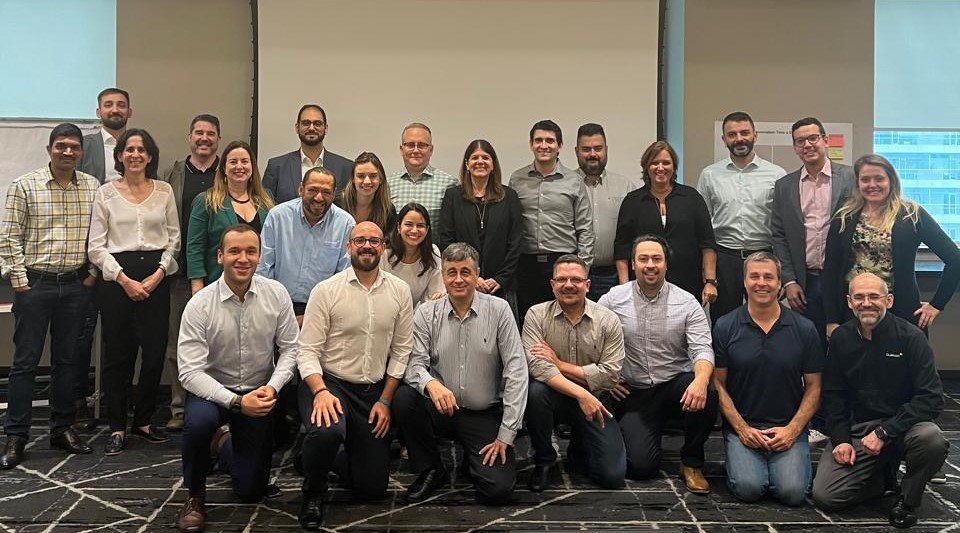
How do you see the relationship between employee engagement and customer satisfaction playing out in your segment?
They have a direct link. A high employe net promoter score (eNPS) shows that we have a positive internal environment and a motivated and engaged mining team that is committed to its objectives. Attending to our customers' unmet needs is one of our main objectives. A high customer net promoter score (cNPS) demonstrates customers' satisfaction with our work and what we provide for them (product, technical support, quality, supply guarantee, innovation, etc...). This recognition from customers motivates our teams, showing that we understand their needs, are on the right path, and must continue working in this direction. A virtuous circle is created.
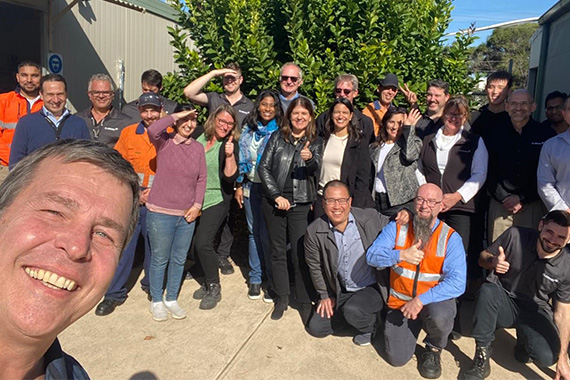
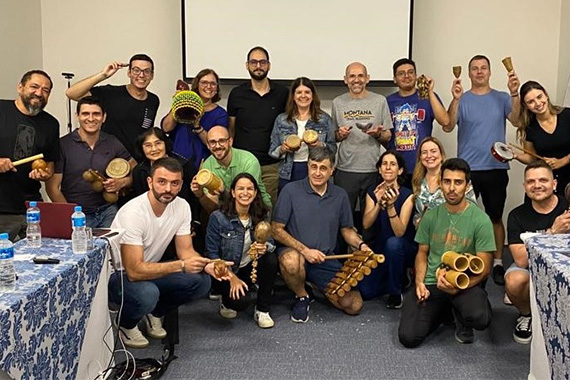
How do you collaborate with HR to ensure your team is well-supported and equipped to meet customer demands?
I consider HR, as well as the other support functions, an integral part of the segment. Our HR business partner knows and understands the segment, the market, the strategy, and the needs of customers and is, therefore, better able to support us in people strategy (organization design, workforce plan, defining competencies for key positions, and developing plans for people and teams) and promotes interface with other competency areas in HR, like compensation and others.
For example, in our application centers, in addition to chemists, we also have metallurgists who know a lot about the application of our products in mines. This knowledge is critical for developing our technologies and is a unique competency in our segment. HR has been up to speed in supporting us with these kinds of requirements.
